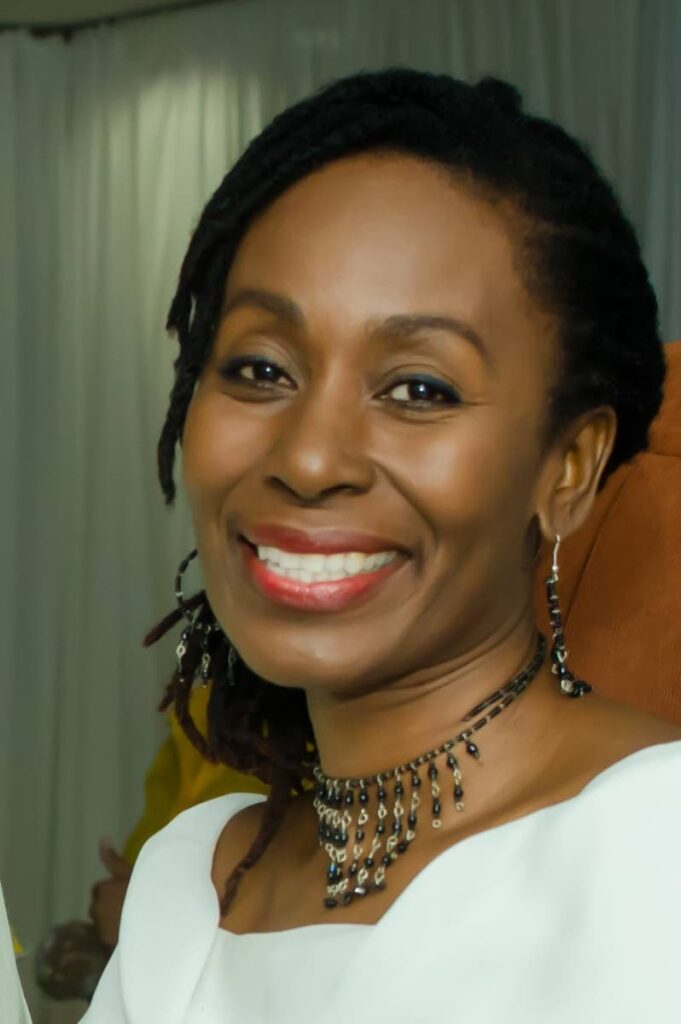Theatre, love and national transformation

Culture Matters
DARA E HEALY
Wonderful production…it was skilfully executed. Hats off to you.
Congratulations on a great show…I was well educated and entertained. Made me feel like a hopeful patriot. I love my country!
FOR ME, it is unusual to hear citizens of TT express raw, open love for their country. Rather, I am more used to nationals abroad being consumed by local news, the latest happenings in Carnival, our food and, of course, the politics.
At home, younger generations seem to be swept up by social media and other foreign forms of entertainment. They, like many of us, are lulled by global corporations into consuming alien media products. Today, the domination of British norms and values has largely been replaced by the pervasiveness of North American culture. Can theatre focused on nation-building help reverse this generational corrosion of self?
I think the answer is yes. Over the past months, we worked and rehearsed to bring to the stage a new play by Eintou Springer celebrating our independence from Britain. In the piece, we sought to move beyond the act of celebration to interrogate progress, development and the need to craft a nation for the times in which we live.
Key to this exploration was the question: How do we harness the good feelings about all of our achievements into lasting impacts for our country?
In TT, popular theatre traditions are embedded in the ancient practices of the peoples who comprise our nation. An exploration of various theatrical styles will take us back thousands of years, to drama in Chinese, Indian, African and indigenous contexts. Thus, although the western world often looks to the Greeks for the origins of their theatre, we have our own rich histories to guide us.
It is said the word "theatre" comes from
theaomai, the Greek verb “to see.” However, effective theatre is more about two-way communication between the actors, musicians and the audience. Throughout the Caribbean, stagecraft often moved beyond entertainment to address identity, gender relations or to protest oppressive regimes.
Hence a key component of theatre is the ability to communicate complex ideas in a way that is simple to understand, enjoyable and that resonates with those looking at the production. Critically, people in the audience must be able to see themselves in the drama taking place on the stage and identify with the issues being raised.
This exchange between the actors and the audience happens through several vehicles. Language is important. There was a time when Patois was referred to as
langage cochon, or "hog language." Colonial brainwashing made us believe that it was reserved for the more financially impoverished in society, and therefore a barrier to moving forward in life.
Now, we understand more fully the significance of reclaiming our nation languages, the ones used during colonialism to secretly communicate in the presence of the oppressors. So celebrating the way we speak is critical to our transformative process.
The other elements of costuming, props and stage design should not be underestimated. Why are some Carnival characters masked? What style of skirt is used for the Congo bele? How can movement represent indigenous warriors from thousands of years ago?
The answers all require in-depth research, essential to building knowledge about our shared history and culture.
Yet as we contemplate the next steps for our nation, we must acknowledge that politicians have largely not succeeded in helping us to determine who we want to be as a nation. Rather, the artist who drenches white fabric in red to symbolise the destruction of our Earth or who laments the abuse of women through a baby-doll portrayal – they are the ones who understand the core of what moves us as a nation. They are the ones who hold the key to unifying us through the many cultures we are not even aware that we share.
I see and feel everywhere what Lamming described as our “fractured consciousness,” a sense that we know something is missing from our lived experience, but cannot quite grasp what it is. This searching is there in our desire to rediscover Patois, the craving for knowledge about the people who shaped our country and in the longing for clear direction on this new phase of our national journey.
I am not finished with these thoughts, but I do know that inspiring love for our country is the next, most powerful step. But we will speak further on this. We must.
Dara E Healy is a performance artist and founder of the Indigenous Creative Arts Network – ICAN


Comments
"Theatre, love and national transformation"